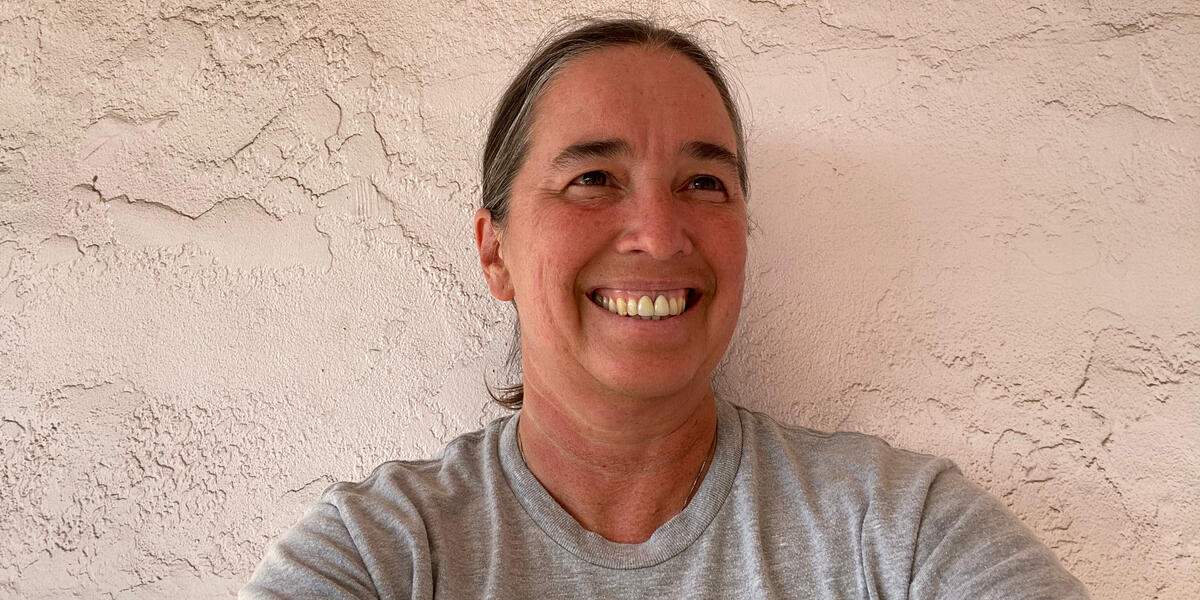If you’ve ever worked with software, or in software development, you’ve experienced the potential crisis that comes with an End of Life (EOL) announcement. Decisions must be made - do you upgrade, when, how, to what version, do you change software entirely, how much will all of these changes cost?
Organizations running Drupal 7 websites are grappling with these questions now, as the Drupal 7 EOL date marches towards us. Drupal 7 has a very large user base (over a million websites) working through these very questions, specifically:
- Should we upgrade?
- Upgrade to Drupal 8 or Drupal 9? Or hold out and work towards Drupal 10?
- Should we migrate to a different CMS?
- Should we stay on Drupal 7, and if so, what are our options?
Drupal 7 reaches its end of life in November 2022. Drupal 8 will have already reached EOL a year earlier (November 2021) due to the EOL of Symfony 3.
Tag1 Consulting, along with the use of our Tag1 Quo service, can help you navigate these changes. Tag1 helped pioneer the extended support model, with Tag1 Quo as a centerpiece of its service.
What changes with the EOL?
When Drupal 7 reaches EOL, a number of official Drupal Association functions, and unofficial community functions come to an end. The Drupal community will no longer be supporting or developing Drupal 7.
Official functions:
- No more Drupal core development, no enhancements, and no bug fixes.
- The core issue queue, where development happens, is locked.
- The tooling is locked and decommissioned, including the D7 testing infrastructure.
- No security updates or advisories.
- No updates to support changes in core dependencies like new versions of PHP.
Unofficial functions:
- Almost all contributed modules will not generally be maintained (individual maintainers make the decision to lock their contrib versions themselves.)
Why the EOL?
Drupal 7 is over ten years old, and will be about twelve by the time it reaches official EOL status. While it remains a robust and highly used platform, developers do not have enough bandwidth to support it, along with the newer versions of Drupal. It’s not practical to support all versions, either. Many Drupal developers aren’t getting paid to work on D7. Critically, dependencies are rapidly going out of date, making it a high-effort job that requires deep expertise to keep Drupal 7 secure.
Many developers don’t want to support Drupal 7. They want to work on new development and new features, not spend all of their time working on bug fixes and backwards compatibility. Along with this, many companies are no longer funding Drupal 7 development, preferring to pay for newer software and technologies. When Drupal 6 reached EOL, pressure from the community mounted to move on to Drupal 7, and is likely to happen again here. While D7 Core EOL is two years away, Drupal 7’s end of life is already here for many contributed module developers and maintainers. 36 of the top 50 installed Drupal modules did not have an update for Drupal 7 in 2020.
Leading up to, and after D7 goes EOL, Tag1 Quo monitors all D7 core, and all contrib modules, and can help you fix, update, and maintain your security so that you can continue to run D7 as long as you want or need to.
What options are there?
It’s very reasonable to be concerned about what’s going to happen to your Drupal 7 website at the EOL date. Many companies are rightfully wary of the potential costs that come with major website changes from redesigns to upgrades. Know your options, so you can weigh the time and money costs for your company.
A short summary of choices:
- Do nothing - While this seems inexpensive, it can be very costly due to lack of security. Chances of getting hacked are high over time.
- Migrate - Go to Drupal 9, because Drupal 8 is already EOL. You can also move to another platform. This can be expensive. Not everyone can or wants to do this, because your team may need to learn entirely new or different technologies, which is a time and money investment.
- Archive the site - This is not necessarily feasible. Many companies still need their websites, but if you don’t update them much, or need them to do more or new things; you may be able to inexpensively convert your dynamic site to flat files, reducing your hosting and maintenance costs - which could pay for the conversion.
- Purchase Tag1 Quo and Drupal 7 Extended Support (D7ES) - You can continue to safely and securely run Drupal 7 as long as you want. Tag1 Quo has several options to meet the needs of your company. You’re not forced to move off of D7 until you’re ready. With Tag1 Quo your Drupal 7 website is monitored and you’re informed when changes need to be made. We can even help you make the changes, or make them for you.
Tag1 Quo enables you to continue to run Drupal 7 as long as you need
Tag1 Consulting is one of the few companies approved to offer Drupal 7 Extended Support (D7ES). Drupal 7 is a mature, robust ecosystem with a large installation base. Tag1 Quo makes it easy for you to stay on the platform you’re on. It allows you to monitor your site for updates, and fix problems before they cost you. Tag1 Quo can help you continue to be successful on your existing Drupal 7 platform. As part of the Tag1 Quo system, Tag1 Consulting is able to see what modules are in use, and help ensure the entire user base has access to patches and updates developed from that information.
Sign Up for our mailing list to learn how you can try Tag1 Quo for Drupal 7 for free!
This is really important, because many module owners have already moved on - a great reason to get started with Tag1 Quo now!
With Tag1 Quo, you get the extended support and security protection your website needs - past the official end-of-life. Before and after the EOL, Tag1 Quo will monitor your website for you, taking the burden of keeping up with changes off of your development team.
Tag1 Quo notifies you when your website needs an update, with alerts for core and contrib security patches that affect you. The default notification is email, but you can integrate with Slack, ticketing systems, your repository, and so on, so you can get your patches dealt with quickly.
Tag1 Quo has several paid plans as well, from the Enterprise version where we take care of the things for you up to testing and deployment of those patches to your website to the regular version where you take action on your own based on the push notifications. Any module released on Drupal.org that a maintainer abandons, we’ll update & maintain it for you: providing security patches, ensuring it works with the version of PHP your host provides, and in many cases offering major bug fixes too!
If you have any questions or want more information on Tag1 Quo and Drupal 7 Extended Support, visit Tag1 Quo - Tag1 Consulting.
For more information on Tag1 Quo, see all of our Tag1 Quo content or visit the Tag1 Quo website at https://www.tag1quo.com/.
For all of Tag1's content on Drupal end-of-life and what you need to know, see Drupal D7 & D8 End of Life.
Photo by Raphael Renter on Unsplash

